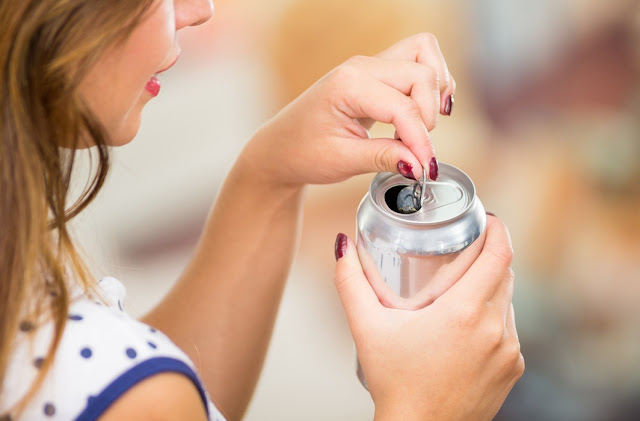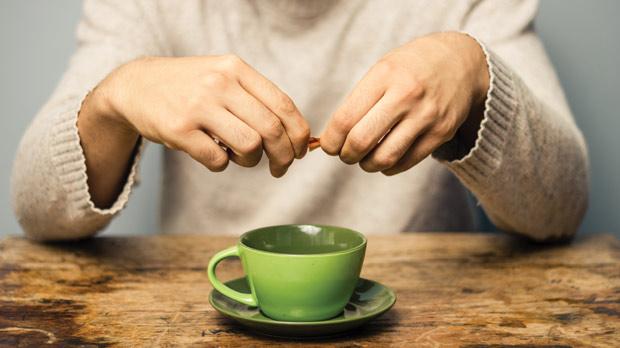Diet drinks may be linked with strokes among post-menopausal women

It turns out that drinking multiple diet drinks daily may not be a very good idea for post menopausal women. A new study finds that it is associated with an increased risk of having a stroke caused by a blocked artery. The study was published in Stroke, a journal of the American Heart Association. The study is one of the first to look at the association between drinking artificially sweetened beverage and the risk of specific types of stroke in a large, racially diverse group of post-menopausal women. Compared with women who consumed diet drinks less than once a week or not at all, women who consumed two or more artificially sweetened beverages per day were: 23 per cent more likely to have a stroke; 31 per cent more likely to have a clot-caused (ischemic) stroke; 29 er cent more likely to develop heart disease (fatal or non-fatal heart attack); and 16 per cent more likely to die from any cause. Furthermore, researchers found risks were higher for certain wome...



